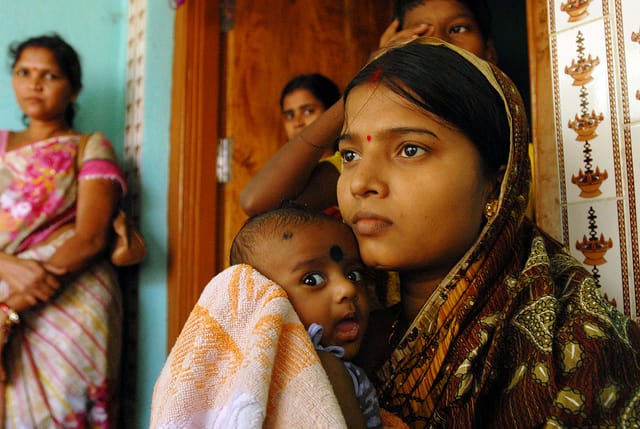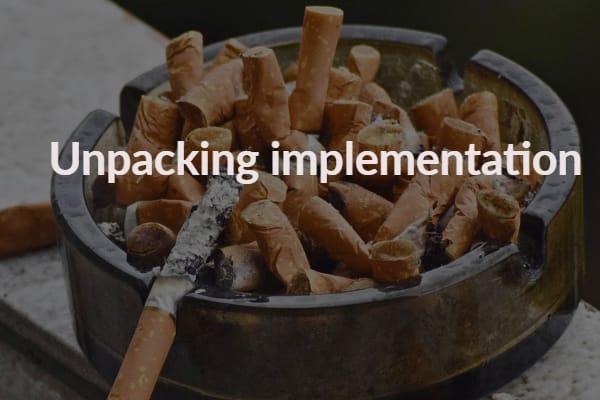
IPH FCRA Statement
The Institute of Public Health (IPH), Bengaluru is a not-for-profit academic research organisation that has been conducting health systems research in close coordination with governments in India. In October 2016, our FCRA license was not renewed without specifying any reasons (see our earlier statement here). Subsequently, we had appealed to the Karnataka high court.
On January 28 (2019), the honourable high court passed a final order that set aside an earlier order by FCRA authority regarding non-renewal of IPH’s FCRA license on the grounds that the authority did not specify any reasons for non-renewal of the license. The court directed the FCRA authority to consider the renewal application of the petitioner for grant of FCRA license afresh by a speaking order within a period of one month. We welcome this order and reiterate our commitment to compliance and cooperation with the FCRA authority hoping for the positive consideration of our renewal application. We express our gratitude to our staff and ex-staff, friends and collaborators who comforted us and extended direct and indirect support in difficult times. We are indeed thankful to government agencies that have supported and appreciated our work and have welcomed us as their partners.








